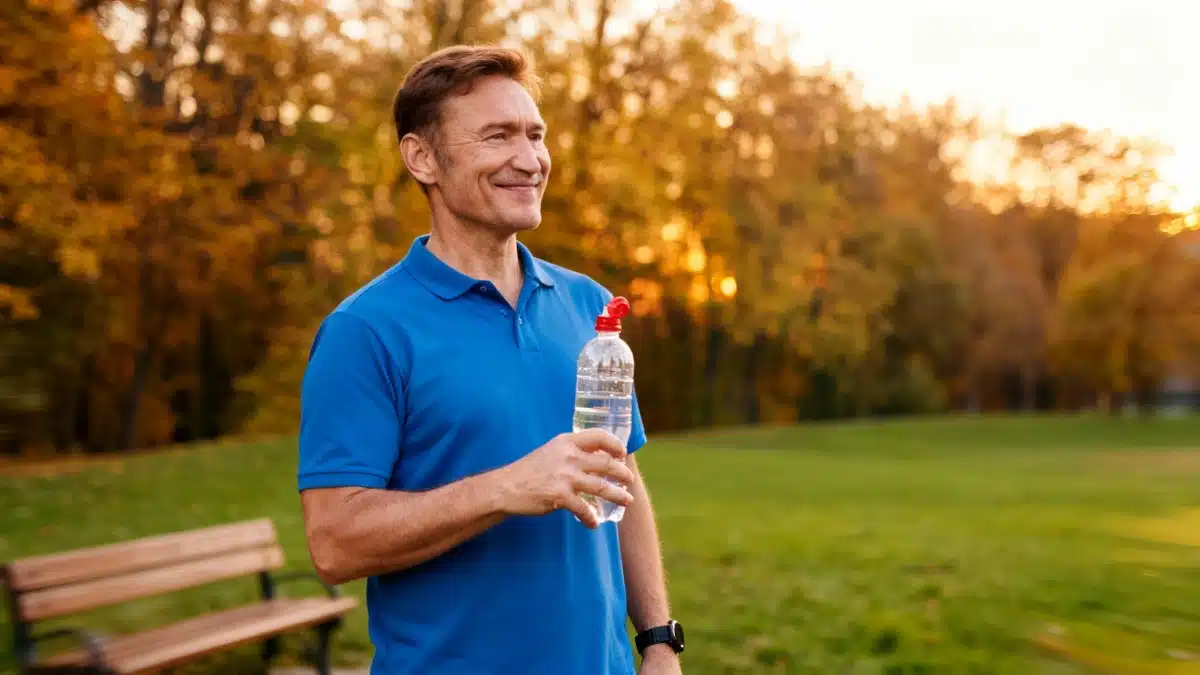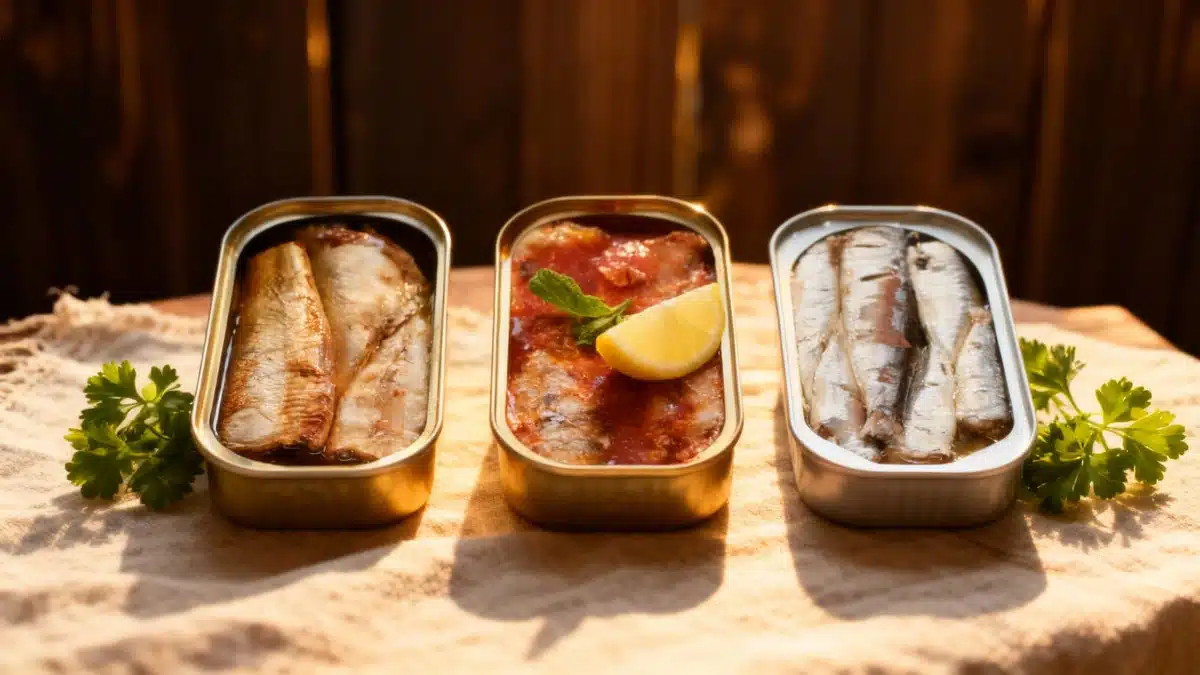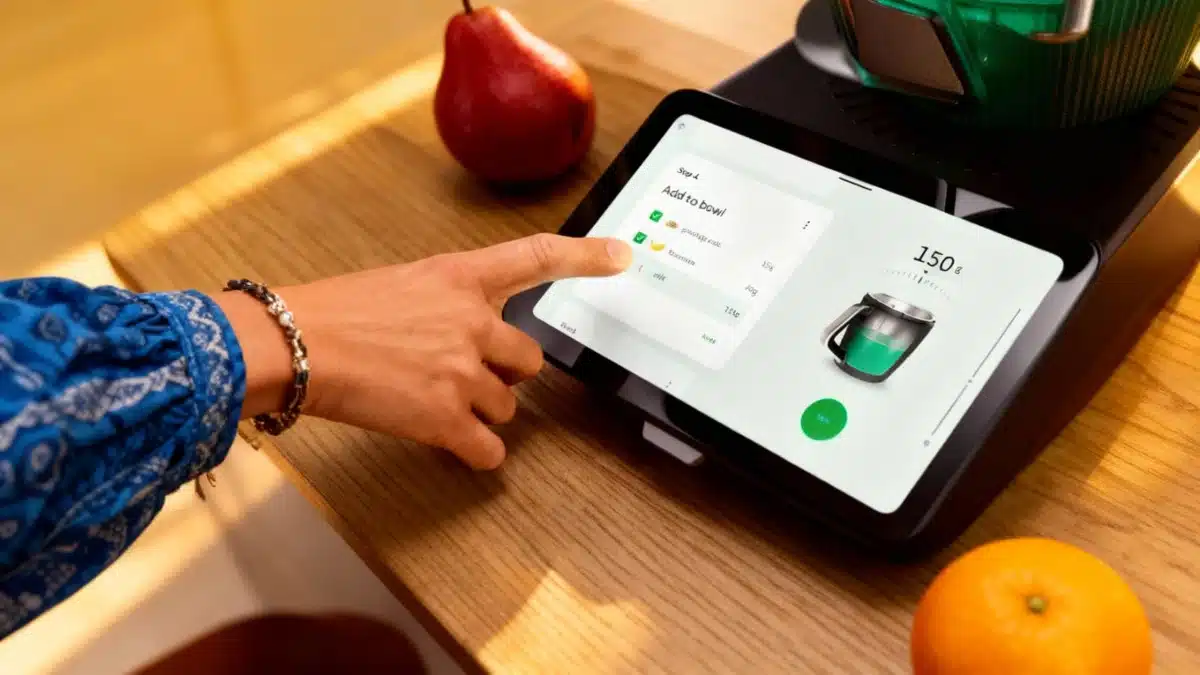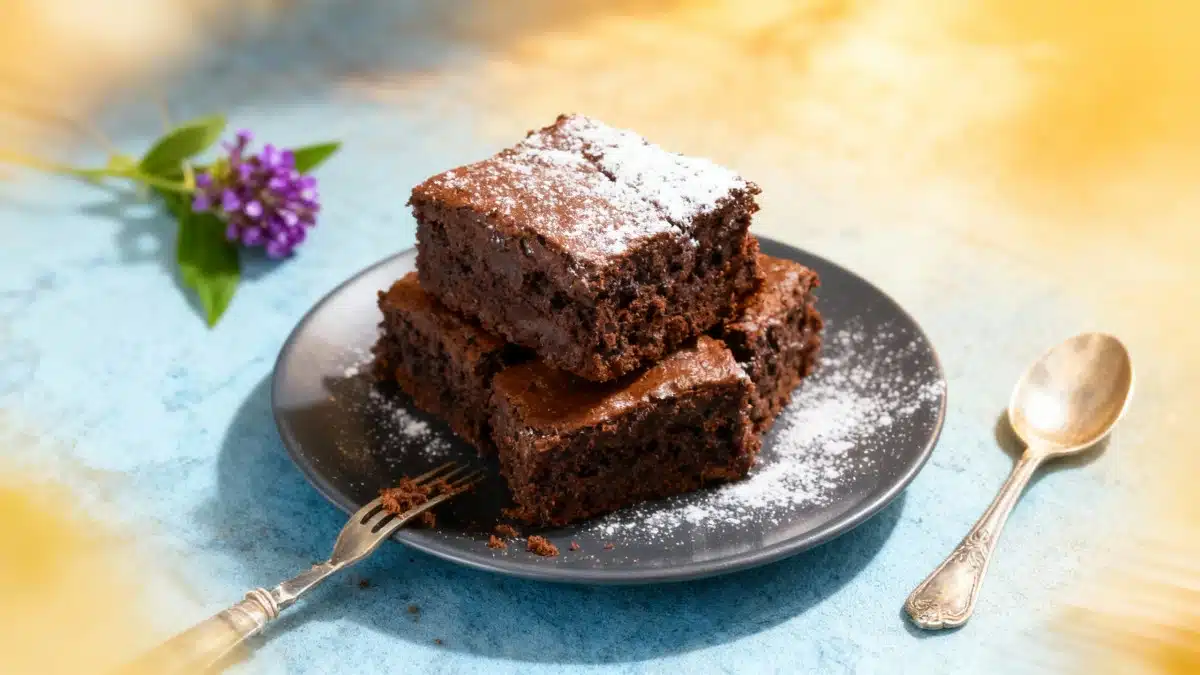Are you the sort to clutch your water glass at dinner, only to be met with a chorus of « Don’t drink while you eat! » from well-meaning relatives? Or maybe you’ve heard that sipping water can hamper your digestion? Let’s pour ourselves a tall glass of truth and see what actually happens when you drink water with meals—spoiler: it’s not as clear cut as everyone thinks.
The Fullness Factor: Water as a Meal Ally
If you’ve ever found yourself inhaling your dinner like a contestant in a speed-eating contest, here’s some good news: drinking water can actually help you slow down. That satisfying stomach fullness after a glass of water can prevent the urge to rush through your meal, which sabotages your body’s hunger cues. Eat more slowly, feel full sooner, and ultimately, eat less. Simple, right?
But wait—water’s powers don’t end there. That generous glass is a secret weapon against emotional cravings. Feel like raiding the pantry for snacks? Try reaching for water first. Plus, by increasing blood pressure slightly, water even nudges your body to burn a bit more energy. Just don’t confuse this with medical treatment—there are some important caveats to keep in mind, especially for those with high blood pressure.
When and How to Drink for the Greatest Gains
So, what’s the best moment for your beverage? Experts suggest taking things slow: sip a large glass of water about 15 to 30 minutes before your meal. This approach gives you that detoxifying, satisfying effect—and if you’re looking to lower the glycemic impact of your breakfast, a morning glass made with one part lemon juice and two parts water can provide a vitamin boost (unless digestive troubles like ulcers are part of your history, in which case, skip the citrus and thank your gut later).
And yes—drinking during your meal isn’t a crime against digestion. In fact, quite the opposite. Water helps soften the contents of your stomach, making it easier for digestive juices to work their magic. For those who struggle with saliva production (it is one of those not-so-pleasant signs of aging), moistening your palate before you start eating can help you chew more thoroughly, coat your food for smoother processing, and even reduce unwanted fermentation. Cheers to blissfully smooth digestion!
What to Drink (and What Not To)
- Flat, room-temperature water: This is your best friend at the table. Cold (especially icy) water can cause stomach cramps and is best avoided if you want to keep your tummy happy.
- 2-3 glasses per meal: This helps you reach the recommended daily intake of 1.5 liters. A glass at the end of the meal can also help reduce gastric acidity.
- No sodas—even « sugar-free »: These can sharpen your appetite and contribute to bloating. Your intestines will thank you for skipping them.
- Tea or coffee after lunch: Good news for fans! These can positively influence blood sugar and weight, and under medical advice, might help with post-meal drops in blood pressure. Just don’t overdo it; too much coffee can be irritating, reduce iron and calcium absorption, and disrupt sleep—especially after 4 pm.
- Fruit juice—even fresh: These can send your blood sugar soaring, so take it easy.
The Never-ending Need: Hydration All Day Long
Every day, your body loses about 2.5 liters of water and minerals (thanks to sweat, breathing, urine, and, let’s face it, other natural exits). Food—especially a veggie-rich diet—makes up about 1 liter, but the rest needs to come from drinks. That’s why the 1.5-liter average taught by doctors is the sweet spot, to be adjusted if you’re running marathons or sweating through a heatwave.
But don’t get too ambitious—overdoing your H2O without upping your sodium can lead to a condition called hyponatremia (that’s cell swelling, and trust us, it’s not as fun as it sounds). The trick? Don’t wait until you’re parched (that’s already a red flag for dehydration). Drink small amounts regularly. Downing half a liter in one go and then nothing for hours doesn’t cut it. Instead, consistent sips win the race.
One final word: When in doubt, prioritize water. While tea and coffee contain water, excesses reduce iron and calcium absorption, and our intestines and sleep habits prefer it when you don’t go overboard. Moderation goes for juice, too—fresh or not, it’s a sugar rush waiting to happen.
Thank you to Fabien Badariotti, PhD in molecular and cellular biology, and to Léa Lebrun, dietitian-nutritionist and clinical psychologist, for their guidance in healthy, plant-forward eating. Your next meal just got a little smarter—and a lot better hydrated.

John is a curious mind who loves to write about diverse topics. Passionate about sharing his thoughts and perspectives, he enjoys sparking conversations and encouraging discovery. For him, every subject is an invitation to discuss and learn.






